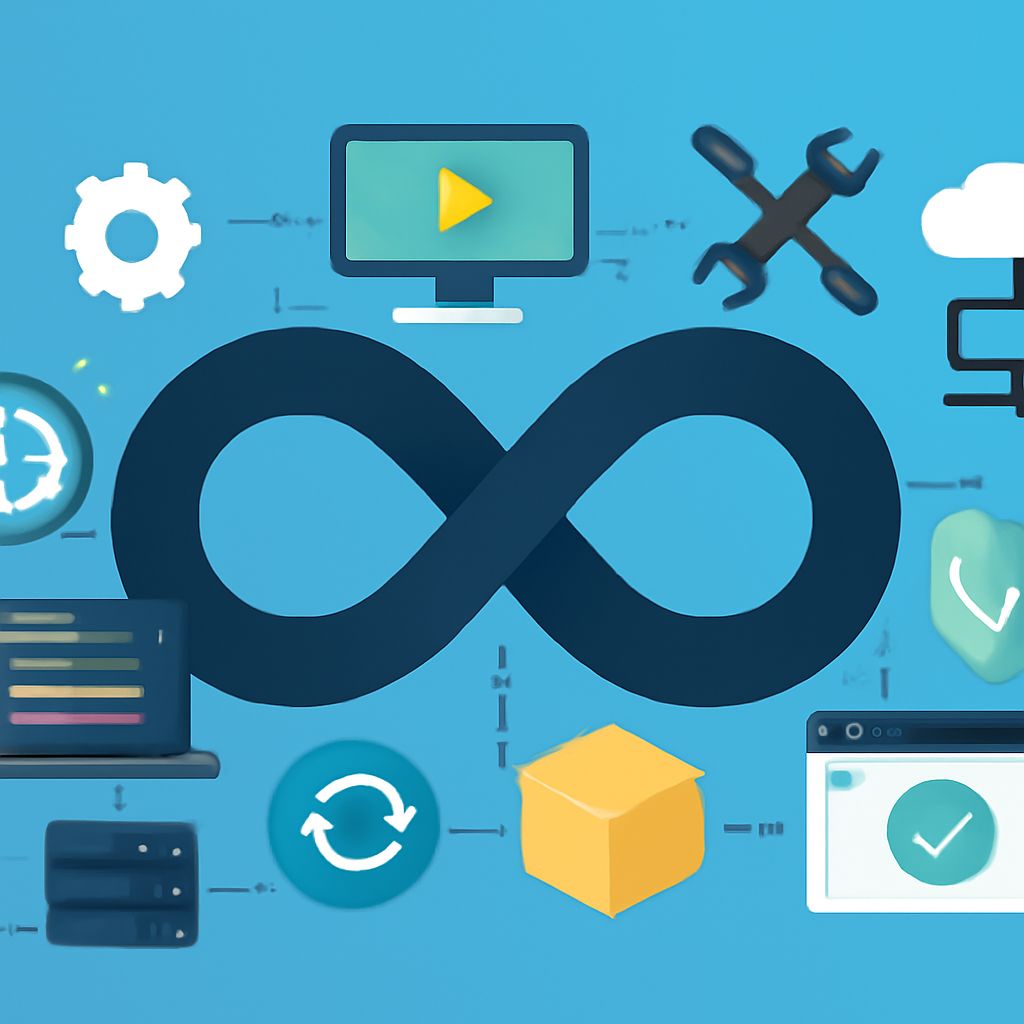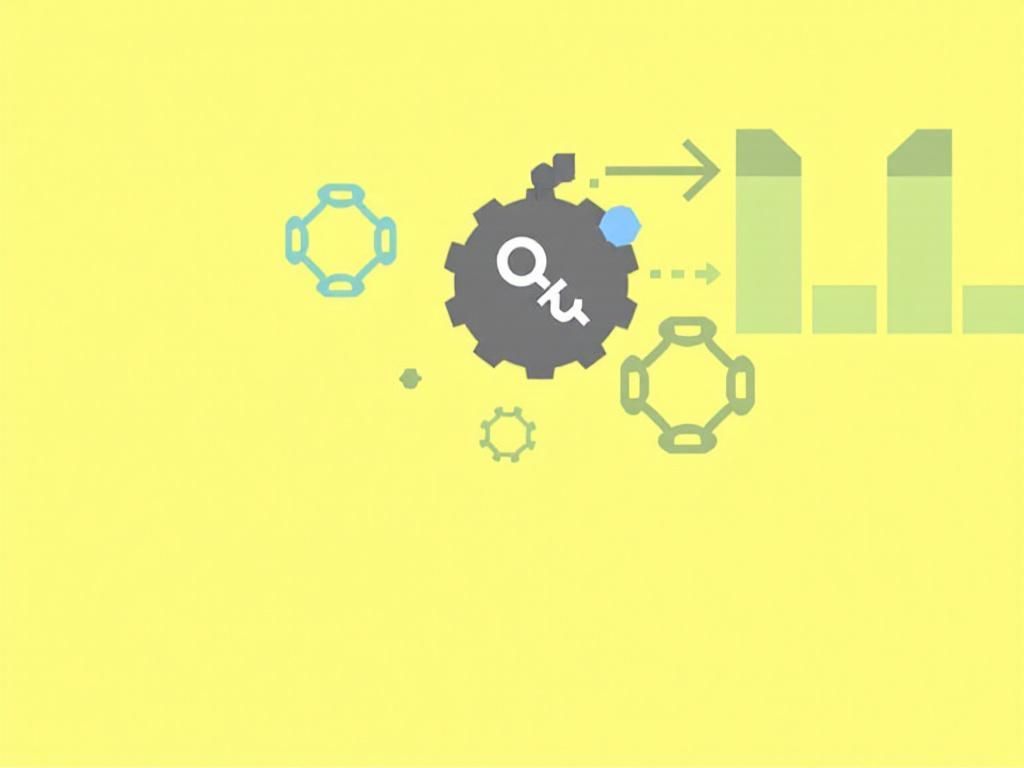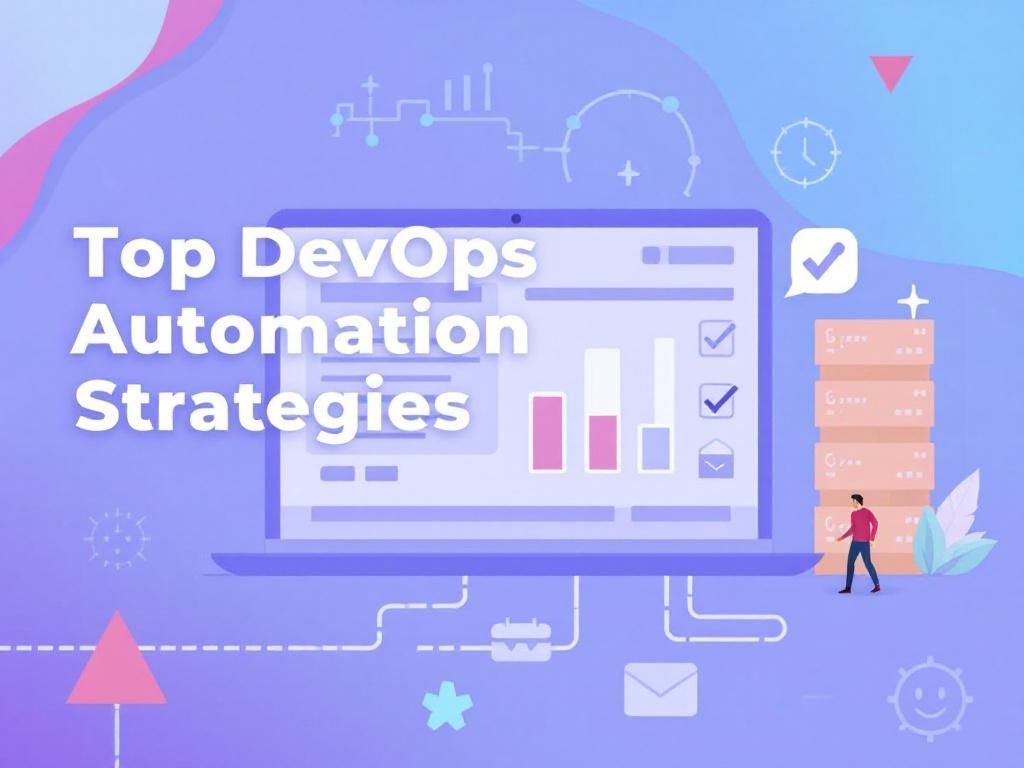Top DevOps Tools for Seamless Delivery
Discover the essential DevOps tools that streamline delivery processes and enhance collaboration in your development team.

Table of Contents
Essential DevOps Tools for Smooth Delivery
In the fast-paced world of software development, the need for speed and efficiency has never been more critical. Organizations are increasingly adopting DevOps practices to bridge the gap between development and IT operations. This cultural shift necessitates the use of a variety of tools that enable collaboration, automation, and continuous delivery. In this article, we will explore some essential DevOps tools that are instrumental in achieving smooth delivery.
1. Version Control Systems
Version control systems are foundational tools in any software development process. They allow teams to track changes in code, collaborate effectively, and revert to previous code versions if needed. Two of the most popular version control systems used in DevOps are:
- Git: A distributed version control system that allows multiple developers to work on a project simultaneously. Git is widely used for open-source projects and is the backbone of platforms like GitHub and GitLab.
- SVN (Subversion): A centralized version control system that enables version tracking of files and directories. While not as popular as Git, it is still used by some organizations for legacy projects.
2. Continuous Integration/Continuous Deployment (CI/CD) Tools
CI/CD tools automate the process of integrating code changes and deploying applications. This enables teams to deliver software more frequently and with higher quality. Some of the most effective CI/CD tools include:
| Tool | Description |
|---|---|
| Jenkins | An open-source automation server that supports building, deploying, and automating software development processes. Jenkins has a vast ecosystem of plugins that extend its capabilities. |
| CircleCI | A cloud-based CI/CD tool that allows developers to automate the testing and deployment of their code with integrations for numerous platforms. |
| GitLab CI/CD | An integrated part of GitLab that allows you to use Git repositories to manage your code, pipelines, and deployments. |
3. Configuration Management Tools
Configuration management tools help automate the deployment and management of applications and infrastructure. They ensure that systems are configured consistently and reliably. Some popular tools in this category are:
- Chef: A powerful automation platform that transforms infrastructure into code. Chef uses a Ruby-based DSL for configuration.
- Puppet: An open-source configuration management tool that helps manage and automate the provisioning of infrastructure.
- Ansible: A simple configuration management tool that uses YAML for automation scripts. It is agentless, meaning it does not require any software to be installed on the target machines.
4. Containerization Tools
Containerization has revolutionized the way applications are developed, tested, and deployed. Containers encapsulate an application and its dependencies, ensuring consistency across different environments. Leading containerization tools include:
| Tool | Description |
|---|---|
| Docker | The most popular platform for developing, shipping, and running applications in containers. Docker simplifies the process of managing containers across multiple environments. |
| Kubernetes | An open-source container orchestration platform that automates the deployment, scaling, and management of containerized applications. |
5. Monitoring and Logging Tools
Monitoring and logging tools provide visibility into application performance and system health. They help identify issues before they impact users. Essential tools for monitoring include:
- Prometheus: An open-source monitoring and alerting toolkit that is designed for reliability and scalability. It collects metrics from configured targets at specified intervals.
- Grafana: A powerful visualization tool that works with many data sources such as Prometheus to create dashboards and graphs of system metrics.
- ELK Stack (Elasticsearch, Logstash, Kibana): A collection of tools for searching, analyzing, and visualizing log data in real time. The ELK stack allows users to aggregate logs from different sources for centralized management.
6. Collaboration Tools
Collaboration is key in a DevOps culture, and various tools help facilitate communication and project management among team members. Some notable collaboration tools include:
| Tool | Description |
|---|---|
| Slack | A messaging platform that allows teams to communicate in real-time. It supports channels, direct messaging, and integrations with other DevOps tools. |
| Trello | A project management tool that uses boards, lists, and cards to organize tasks. Trello is simple to use and highly visual. |
| JIRA | A comprehensive issue tracking and project management tool that is widely used in software development to plan, track, and manage agile software development projects. |
7. Security Tools
As organizations adopt DevOps practices, the importance of integrating security into the development process cannot be underestimated. Security tools that support DevSecOps include:
- SonarQube: A code quality tool that helps developers write cleaner and safer code. It provides static analysis of code to identify bugs, vulnerabilities, and code smells.
- OWASP ZAP: An open-source web application security scanner that can help identify vulnerabilities in applications during the development process.
- HashiCorp Vault: A tool for managing secrets and protecting sensitive data. It can be integrated into CI/CD pipelines to secure credentials and configurations.
8. Cloud Service Providers
Cloud service providers play a pivotal role in modern DevOps practices by providing the infrastructure needed to deploy and scale applications. Some popular providers include:
| Provider | Description |
|---|---|
| AWS (Amazon Web Services) | The most widely adopted cloud platform that offers a broad range of services for computing, storage, and databases. |
| Microsoft Azure | A cloud computing service created by Microsoft that provides a variety of services including solutions for building, testing, deploying, and managing applications. |
| Google Cloud Platform | A suite of cloud computing services that runs on the same infrastructure that Google uses internally for its end-user products. |
Conclusion
The adoption of DevOps practices is crucial for organizations looking to improve their software delivery processes. By utilizing the right tools, teams can enhance collaboration, automate workflows, and achieve rapid delivery without compromising quality. Understanding and integrating these essential DevOps tools will help organizations navigate the complexities of modern software development, ensuring they remain competitive in the ever-evolving tech landscape.
FAQ
What are the essential DevOps tools for smooth delivery?
Essential DevOps tools include Jenkins for continuous integration, Docker for containerization, Kubernetes for orchestration, Git for version control, and monitoring tools like Prometheus and Grafana.
How do DevOps tools improve software delivery?
DevOps tools automate processes, enhance collaboration, and enable continuous integration and delivery, which leads to faster and more reliable software releases.
What is the role of CI/CD in DevOps?
CI/CD stands for Continuous Integration and Continuous Deployment. It automates the integration and deployment processes, allowing teams to deliver updates more frequently and with fewer errors.
Why is containerization important in DevOps?
Containerization allows developers to package applications and their dependencies into containers, ensuring consistent environments across different stages of development and deployment.
How can monitoring tools enhance DevOps practices?
Monitoring tools provide real-time insights into system performance and application health, enabling teams to quickly identify and resolve issues, thereby improving overall system reliability.








